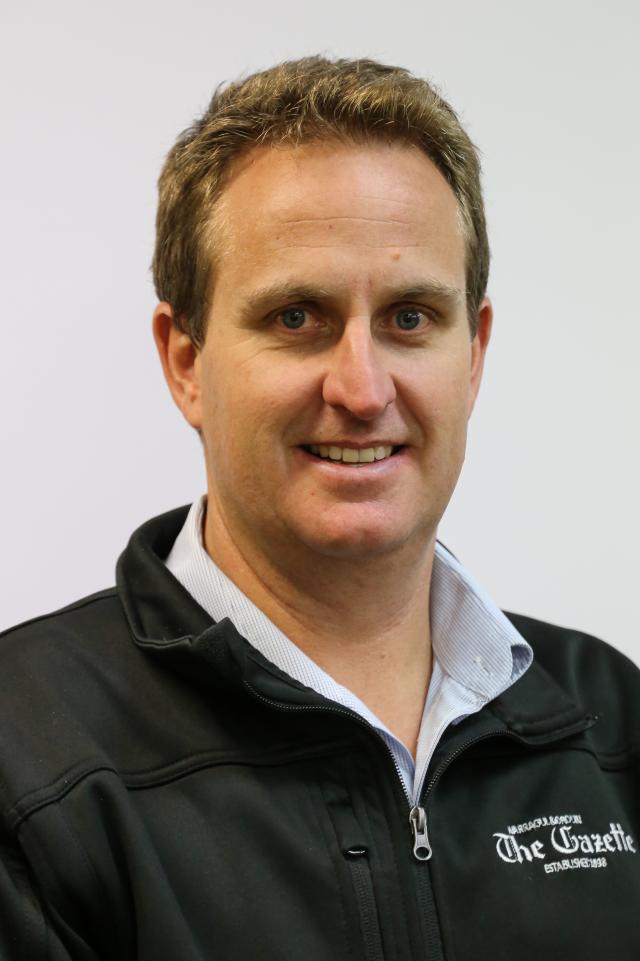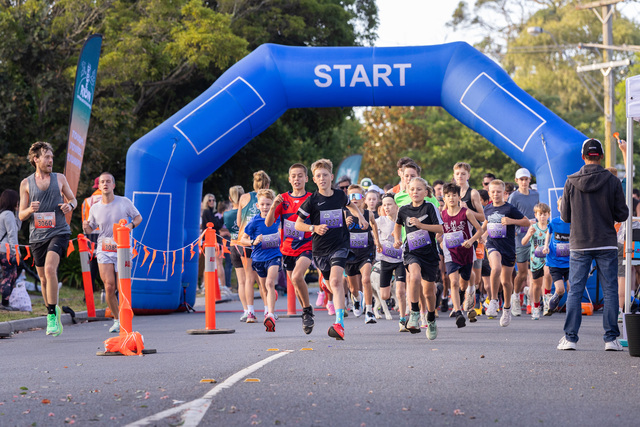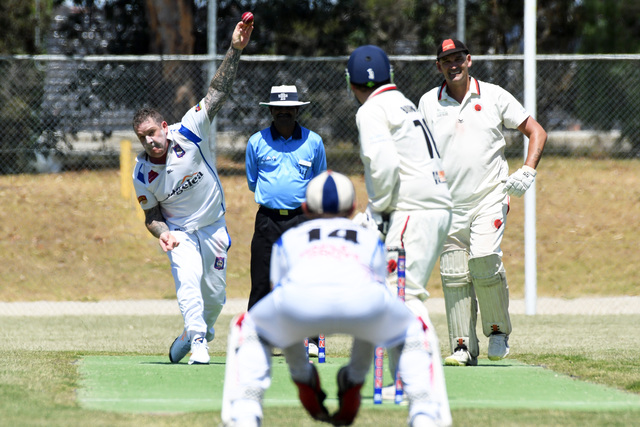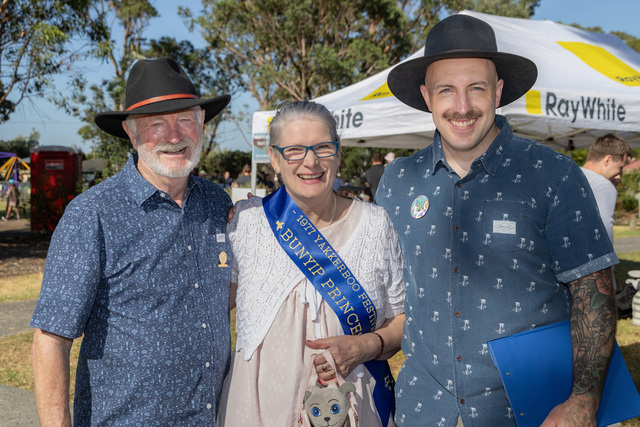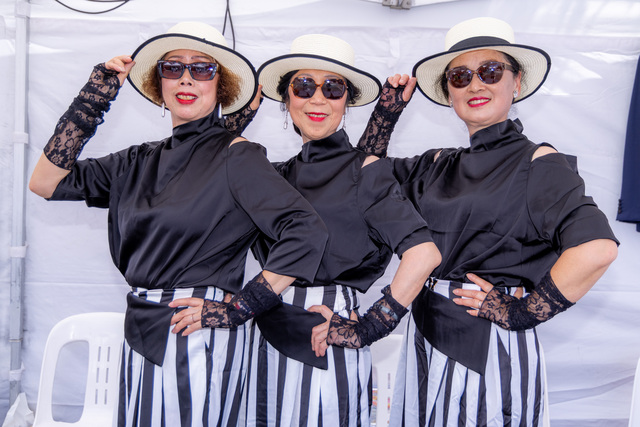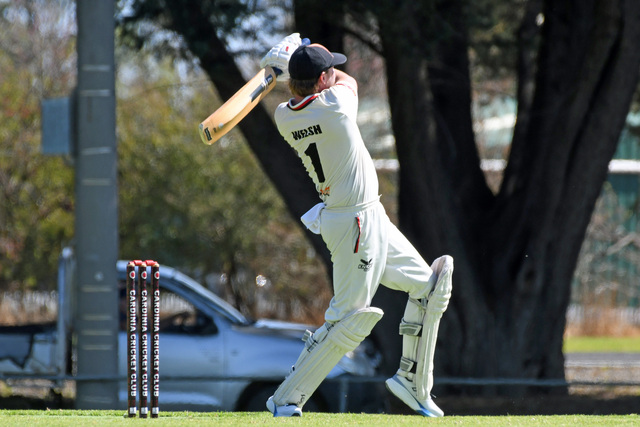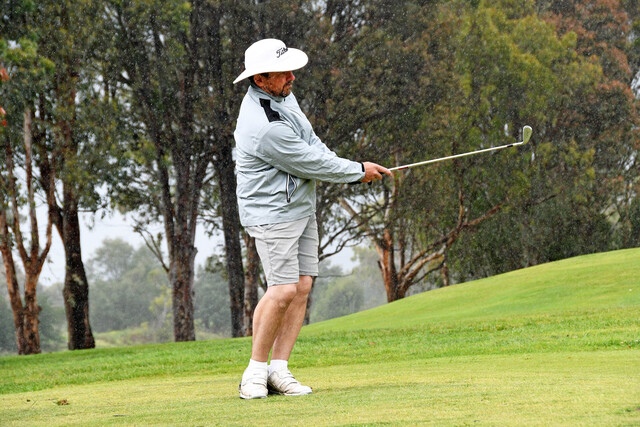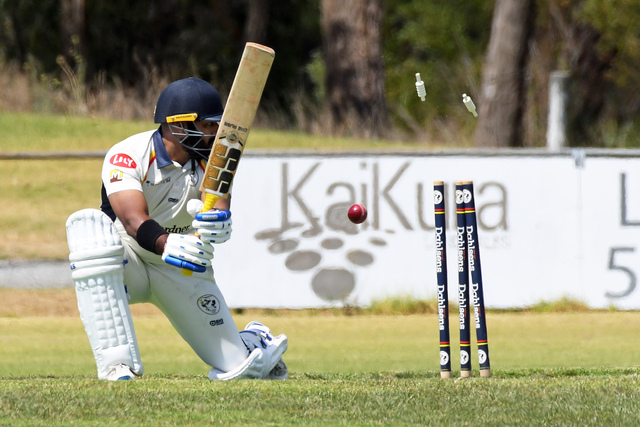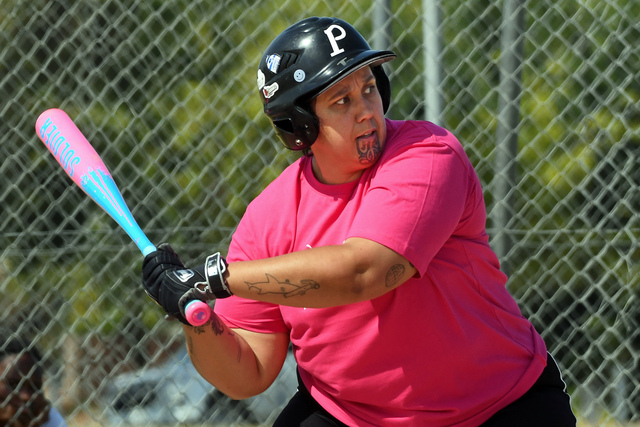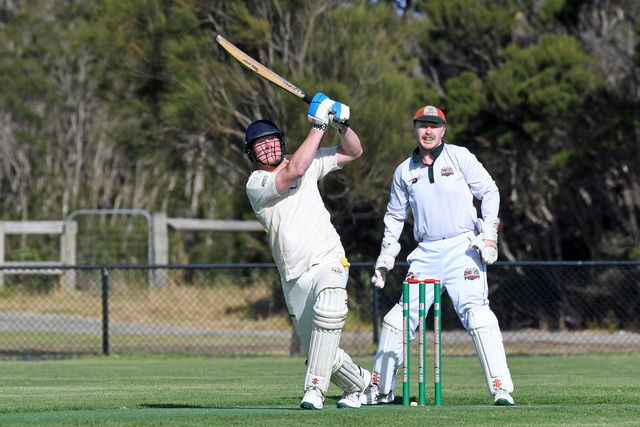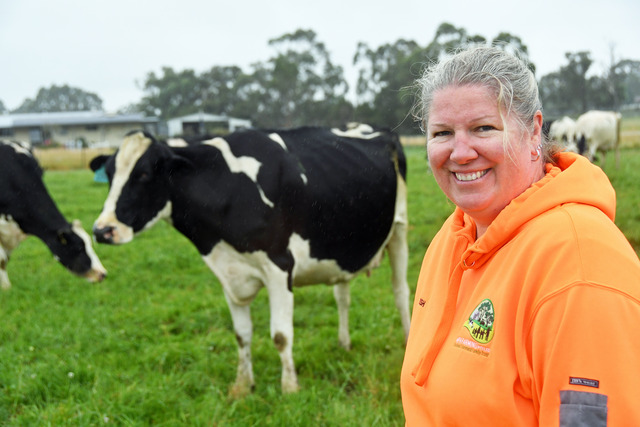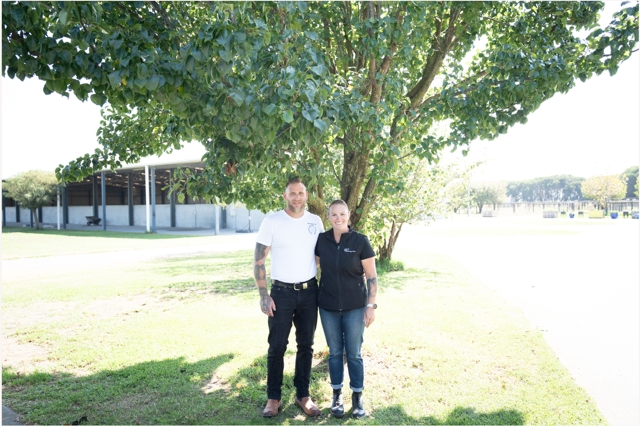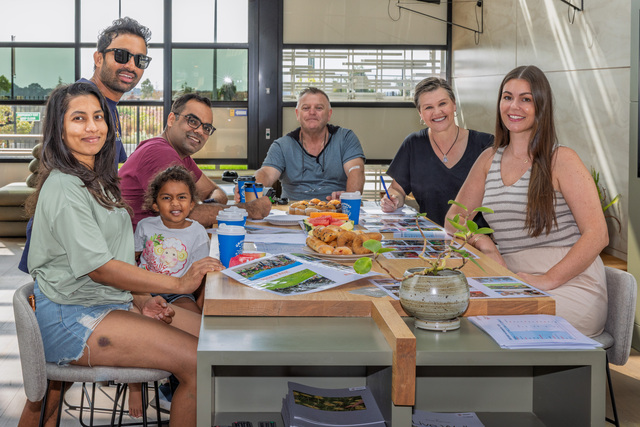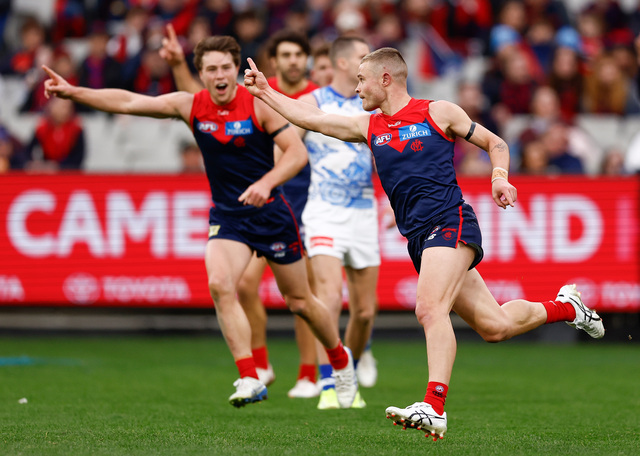Tech giant Meta is playing a game of chicken with the Australian government by refusing to do deals with local media outlets and “daring” regulators to force them to the negotiating table, an inquiry has heard.
Media organisations called out Facebook’s parent company at an inquiry hearing in Canberra on Friday 21 June, warning local news coverage could shrink if the government failed to act.
Country Press Australia president Andrew Schreyer, who lives in Berwick and runs Warragul Regional Newspapers, said failing to address Meta’s withdrawal could be devastating for regional publications.
“Without the (News Media Bargaining Code in place), there’s no doubt that there would be less regional local papers in Australia,” he said.
“There will be closures of mastheads in regional and rural Australia.”
News Corp, Nine Entertainment and Seven West Media also urged the government to review and extend the reach of the News Media Bargaining Code to cover Instagram, TikTok, YouTube, X and other digital platforms that had risen in popularity since the law was introduced in 2021.
The parliamentary inquiry was called in May after Meta announced it would not renew commercial deals struck with Australian publishers, in a move estimated to have cost the industry $70 million.
The powerful tech firm was trying to “dictate” terms to Australian companies and daring the federal government to take action against it, News Corp Australia executive chairman Michael Miller told the inquiry.
“Right now Meta is preparing to blackmail not just us in the news industry but also you as a government,” he said.
“By refusing to renew its agreement to pay for news content, Meta is daring Australia to apply the laws this parliament was united in passing three years ago.
“It is getting ready to say if you dare designate us under the Media Bargaining Code we will punish you by blocking Australian access to local news.”
Under the code, digital platforms that are designated are legally required to negotiate commercial deals with media outlets or face fines of up to 10 per cent of their local revenue.
Nine Entertainment chief executive Mike Sneesby said Meta’s failure to do deals would have an “immediate and detrimental impact on newsrooms around the country” risking jobs and coverage.
Seven West Media chief executive Jeffrey Howard said the government should also consider revising the code to include more platforms that have risen in popularity since the law was introduced.
Mr Howard pointed to the University of Canberra’s recent Digital News Report that found Australians were getting their news from a greater number of social networks.
“While Facebook has come down a bit, YouTube, Instagram, X, Facebook Messenger, TikTok, WhatsApp and LinkedIn have all grown. They should be included,” he said.
Meta in February announced it would not enter further commercial deals with news outlets in Australia and other countries, in what it said was “part of an ongoing effort to better align our investments to our products and services people value the most”.
A decision on whether to designate Meta under the code would fall to the assistant treasurer, Australian Competition and Consumer Commission deputy chair Catriona Lowe said.
The commission had provided advice about the issue on May 20, she told the inquiry.
In addition to news deals, eSafety Commissioner Julie Inman Grant told the inquiry the current Online Safety Act review would be critical to addressing social media risks.
This is in addition to a test of age-verification technology that could prevent children under 16 accessing social networks, she said.
“Kids can’t go to a bar until they’re 18 and show their ID, same thing with a porn movie or a porn shop,” she said.
“(Rules) should match the requirements that we have in the real world.”
The committee is due to present an interim report to parliament by 15 August and a final report by 18 November.

